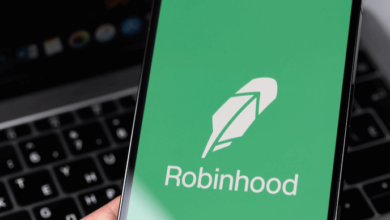Why “Wisdom Work” Is the New “Knowledge Work”


AI technologies create less demand for human knowledge — and they put a premium on human wisdom.
August 02, 2024

Darrin Klimek/Getty Images
Post
Post
Share
Annotate
Save
Today the workforce is getting older, and the number of younger workers in positions of senior management is growing. These two developments might appear to spell trouble, in that they seem to set the generations against one another, but the author of this article argues that in fact they represent an important opportunity: If companies can figure out how to enable the intergenerational transfer of the wisdom that comes with age and experience, they can strengthen themselves — and the workplace as a whole.
We’re in the midst of two enormous demographic shifts in the workplace that seem to be at odds with each other. We’re living longer and working longer — either by choice or necessity. In the last century, the 65+ age group has grown five times faster than the rest of the population and, by 2031, according to a recent Bain & Co. estimate, employees 55 and older will constitute a quarter of the global workforce. According to the U.S. Bureau of Labor Statistics, nearly half of the increase in the number of people participating in the U.S. labor force between 2016 and 2026 is attributable to those 60 and older.
-
Chip Conley is a hospitality-industry maverick, a New York Times bestselling author, and the founder and CEO of the Modern Elder Academy, the world’s first midlife wisdom school.
Post
Post
Share
Annotate
Save




